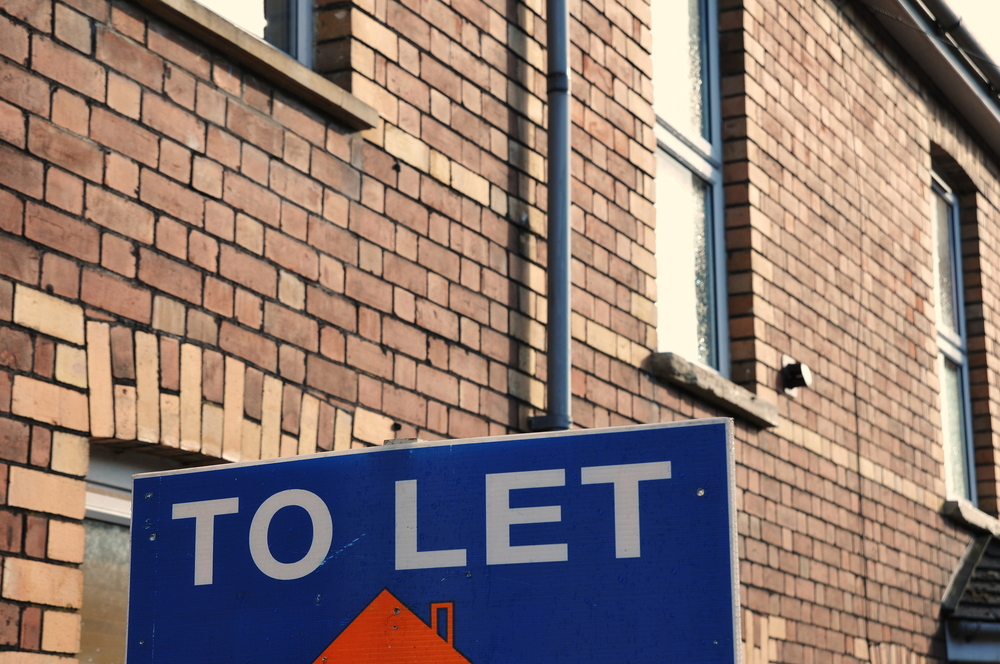New rules for buy-to-let landlords being introduced today will make renting less affordable and stifle investment in homes to rent, increasing the difficulty tenants have finding suitable accommodation.
 The warnings come from the country’s landlord body as the government begins to restrict mortgage interest relief for landlords and tax their turnover rather than their profit.
The warnings come from the country’s landlord body as the government begins to restrict mortgage interest relief for landlords and tax their turnover rather than their profit.
A survey by the Residential Landlords Association (RLA) has shown that two-thirds of landlords feel they will need to increase rents to cope with the new tax burden. The results also show that 58% of landlords plan on cutting back investment in property.
RLA chairman, Alan Ward, said: “Today’s tax increases contradict everything the government has said about needing a larger rented sector to give tenants more choice and more affordable housing.
“It is tenants who will be hit hardest by these punitive tax increases. Aside from likely paying more in rent, in many places they will face a growing shortage of affordable places to rent.
“We call on ministers to undertake a major review of the impact of this policy and if all the predictions about its impact are right, to abolish the changes in the Autumn Budget.”
Mortgage interest relief for residential buy-to-let properties is being reduced to the base income tax rate, which is 20%. Landlords are currently able to claim tax relief on the top rate of tax of up to 45%.
The changes mean landlords will no longer be able to deduct mortgage interest payments or any other finance-related costs from their turnover before declaring their taxable income.
The new rules are being phased in over a four-year period. Landlords will still be able to deduct 75% of costs from rental income in the current tax year. In the 2018/19 tax year it will drop to 50% and then to 25% in 2019/20. After this landlords will only be able to claim a 20% tax credit on mortgage interest.
Ministers have argued that the move will level the playing field between landlords and homeowners.
However, experts believe landlords will need to increase rents between 20% and 30% to cope with the extra cost of the tax hikes.
Landlords have been hit by a raft of changes in the past year as part of the government’s plan to rein in buy-to-let investment.
Last year, the government increased stamp duty on second homes by 3% to help free up property for first-time buyers.
The Bank of England’s Prudential Regulation Authority also introduced tougher underwriting standards and affordability assessments on 1 January to make sure borrowers can cover the cost of their mortgage in the event of an interest rate rise.
Steve Bolton, founder of Platinum Property Partners, said: “The changes will not only affect higher-rate taxpayers, but also an estimated 440,000 additional landlords that will be pushed into this tax bracket because of finance costs artificially inflating their income. Many will find their tax bill outweighs their profits, forcing them to sell properties, increase rents – which are often already below market rates – or leave the market altogether.
“The tax changes are based on a fundamental flaw – that driving landlords out of the housing market will improve first-time buyer levels. This simply isn’t true. Landlords and first-time buyers do not buy the same types of properties, and shrinking rental supply won’t suddenly help first-time buyers to save for a deposit. In fact, it will do the very opposite as rents become more expensive. The sooner the government realises this and reverses the changes, the better.”
Limited companies
Landlords who own their properties as a limited company can avoid the changes to taxation and instead pay Corporation Tax, which is currently 20%, but set to drop to 18% from 2020.
By doing this, landlords can claim the costs of running their buy-to-let properties as an allowable expense, effectively writing off the cost of their mortgage payments.
The number of landlords using limited companies to manage their buy-to-let portfolios has shot up in response to increased government regulation.
According to Mortgages for Business, 77% of all buy-to-let purchase applications were made via a corporate vehicle in the first quarter of 2017.
This compares to 69% of applications in the final quarter of 2016 and just 21% before the 2015 Summer Budget, when the tax relief changes were announced.
Shaun Church, director at Private Finance, said: “The only way of getting around the changes is to invest through a limited company. However, there are fewer mortgages available to these types of investors, and they typically come with much higher rates of interest.
“There are also a whole host of tax implications to consider that make moving to a limited company structure far from a straightforward decision. Those considering it should always seek help from an independent mortgage broker, who can also provide access to a tax adviser.”
What Mortgage has teamed up with London & Country to offer you expert advice on the right mortgage deal.
Whether you’re buying a new home, remortgaging to a new deal or buying an investment property, L&C can help – and you’ll pay no fee for their advice. To find out more, click here.














